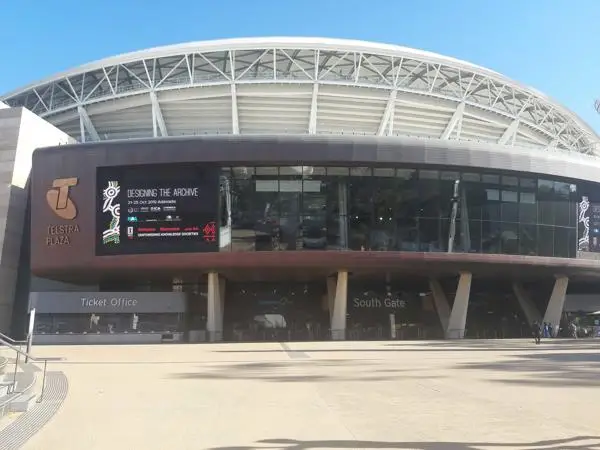LMA and the International Council on Archives
The International Council on Archives (ICA) is the pre-eminent international organisation, affiliated to UNESCO, that represents archives and promotes best practice for record keeping around the world. It does this through regular conferences, expert groups, regional bodies and representative sections.
For over 30 years archivists from the City of London have been involved with leading the section dealing with City archives and hosted an International Conference called 'Archives and The Metropolis' at the Barbican in 1996. This activity has continued and it is with some pride that London Metropolitan Archives is recognised internationally as a centre of excellence and a place that visitors from overseas wish to visit to see best practice in maintaining passive environmental conditions, digitisation and conservation.
In 2022 we hosted visitors from the National Archives of India, Wellington City Archives in New Zealand, and The University of the West Indies in Barbados. Tim Harris, one of LMA’s Assistant Directors, chaired the ICA Section on Local, Municipal and Territorial Archives (ICA/SLMT) from 2016 until 2021, and here Tim explains what the ICA is, what it does, and how he and LMA have helped with its work.
The importance of these international connections cannot be underestimated and can be very long lasting. London is a world city and acts as an international hub in many ways, not least through archives, with many archives of businesses relating to international trade based in the City of London (for example at LMA we hold the archives of Standard Chartered Bank and Rio Tinto amongst others) and also archives of communities and people who made London their home (LMA’s current Africa Centre project bears witness to that). These connections allow better understanding of the archives we hold, and our collections are seen as internationally important: the City’s archives are possibly the richest and most comprehensive of all Western European cities.
Being involved with ICA brings a further dimension to our archive management and keeps us up to date with the latest technological advances and professional standards. Attending international conferences is always inspiring on the one hand – seeing new ways of doing things; but also reassuring on the other hand that what we are doing is better than, or in line with, good practice. We have had useful discussions on archive security, trafficking of archives, fire safety in the archives, designing archive buildings, and the impact of climate change on City archives.
During my time as Chair of the SLMT Section which started in Seoul in 2016 (and ended in my living room during another lockdown in 2021) we started a new way of meeting remotely and now we hold regular webinars – in December 2022 we had a presentation by our LMA in-house Social Worker, Christina Hodgkinson and this enabled us to connect in with other experts, in this case in Australia, Canada, Norway, Denmark and Germany. We also developed better social media presence and took part in International Archives Day projects on 9 June each year.

Perhaps the highlight was to represent the City of London in Adelaide in 2019 at a conference held at the Cricket Ground. The session I chaired was on work with communities, both first nation in the case of Australia and also migrating communities in Denmark and London. The City Archivist of Adelaide was pleased to show me archives from the visits of former Lord Mayors of London to Adelaide and they, like us, keep a collection of Lord Mayor’s Gifts as part of the archive.
The location of City archives around the world is particularly pertinent. It is really important that archives are in accessible, central locations - in Adelaide this is having a base in a shopping mall; in Vienna it’s in a gasometer in a mixed retail redevelopment; in Amsterdam it’s in a former ABN-AMRO bank next to the Flower Market where the bullion safes are now used to store archives instead of gold. Archives do need to be visible to the public as they represent the evidence of who we are, the context of where we live and the complex variety of human interaction in society through business, clubs, charities and religious organisations.
I am pleased that we are continuing our work with the Section through Laurence Ward, Head of Digital Services at LMA, and I will continue to be involved through the Expert Group on Archive Buildings and Environments. Membership of the ICA is also open to individuals.